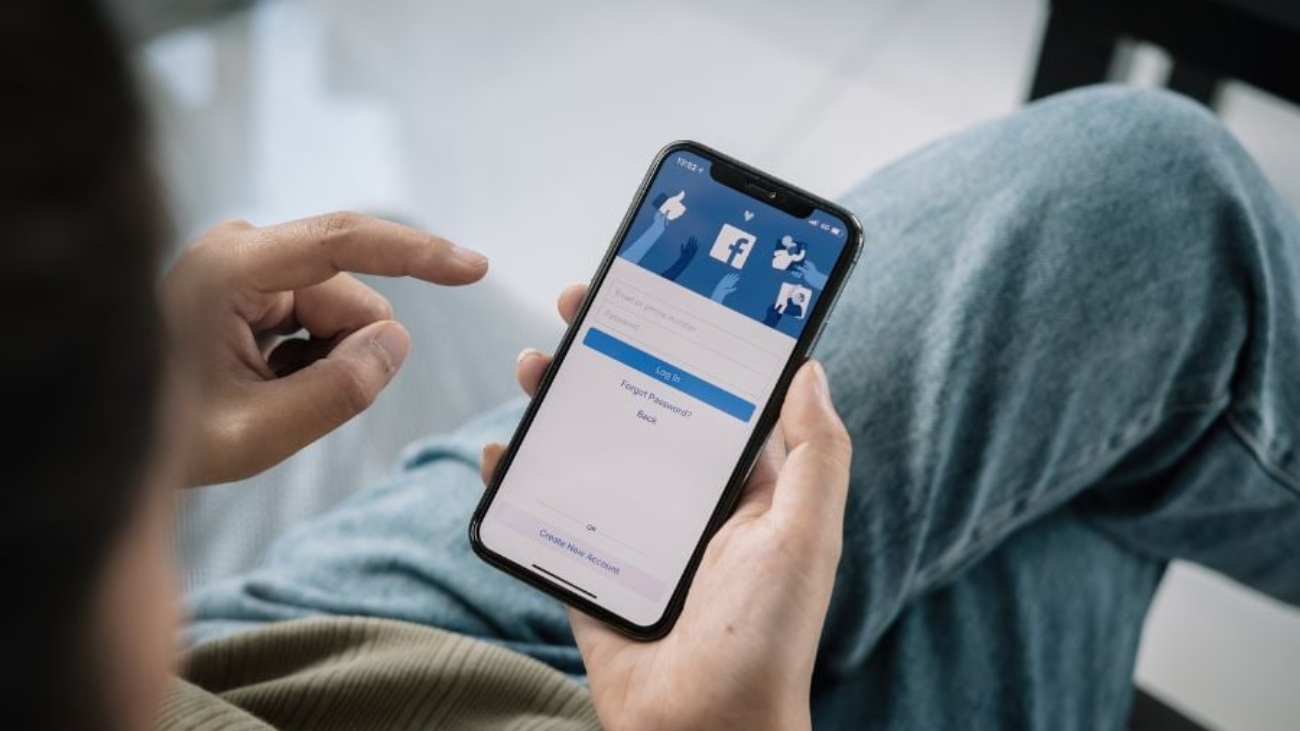Dive into the latest Facebook updates reshaping digital marketing. Discover how brands can harness these changes for optimal engagement & business growth.
The Latest on FaceBook: Vital Insights for Marketers 2023
As digital landscapes evolve, so do the tools and platforms digital marketers use. Facebook, one of the dominant social media giants, consistently introduces new features. Here’s a comprehensive look at the most recent changes and their implications for marketers.
1. Efficient Ad Budget Management: Maximizing ROI
The New Budget Scheduler
Facebook’s budget scheduling is more than a tool—it’s a strategic ally for advertisers. It’s a known fact that events like Black Friday witness a spike in traffic. Instead of the tedious task of manual adjustments, this feature is an answer to streamline processes. A closer look reveals that beyond peak sales times, businesses can strategically allocate budgets for any promotional event, ensuring consistent visibility without constant oversight.
Selective Bidding through Bid Multiplier
The digital advertising landscape is all about precision. Facebook’s bid multiplier offers an advanced level of this precision. With this, businesses can invest more in audiences they deem high-priority. This not only optimizes spending but also ensures the brand message reaches the most receptive audience segments.
Promotions Made Easy and Global
Timing is crucial in marketing. With the global reach of platforms like Facebook, the promotional calendar varies across countries. By making Promotional Ads available in multiple regions, Facebook recognizes the global nature of modern e-commerce. This ensures that no matter where your target audience is, your promotional content reaches them effectively.
2. The Ad-Free Controversy: User Experience vs Revenue Streams
The concept of an ad-free social media platform is revolutionary. It addresses the user’s desire for an uninterrupted experience. However, from a business perspective, it brings forth the age-old debate of free access vs. quality content. While some users might appreciate an ad-free space, marketers worry about losing a significant touchpoint. For businesses, this change necessitates finding a balance. An alternative strategy might be focusing on other platforms or enhancing organic content to remain relevant in users’ feeds.
3. Multiple Profiles: Fragmentation or Specialization?
The allowance of multiple personal profiles is Facebook’s acknowledgment of the multi-faceted nature of modern users. On the surface, it seems like a feature catering to individual users. But from a marketing perspective, it opens avenues for hyper-targeted advertising. Imagine tailoring ads for a user’s “professional” profile versus their “hobbyist” profile. The message can be more direct, and the response, potentially more significant.
However, one has to make sure that they don’t appear repetitive or redundant while crafting compelling content for these segmented profiles.
4. Business Verification: Credibility in the Digital Age
In an era where fake news and scams are rampant, credibility is paramount. Facebook’s business verification seeks to address this. Beyond the blue tick, this feature offers a host of benefits, the most significant being trust. For new businesses, this could be the difference between a user engaging with their content or scrolling past.
Moreover, the enhanced security features ensure brands are protected from potential threats, a crucial aspect in today’s digital domain.
5. The Rise of AI: The Future of User Engagement
AI-Driven Creativity
The introduction of AI-powered stickers and tools signifies Facebook’s push towards a more interactive and immersive user experience. For marketers, this could redefine content strategies, integrating these tools to make posts more engaging and shareable.
Chatbots: Bridging Fiction with Reality
The introduction of personalized chatbots, inspired by celebrities, is Facebook’s ambitious endeavor to redefine AI interaction. While they promise a unique experience, their real test will be user reception. For businesses, these bots can serve dual purposes: a tool for customer service and a medium for brand promotion. However, the challenge is integrating these bots without seeming too promotional or artificial.
To Conclude
Facebook’s changes are a reflection of the broader shifts in the digital marketing landscape. For businesses, adapting to these changes is not just about staying updated, but about redefining strategies to harness these features effectively. As the digital domain becomes more intricate, the brands that succeed will be those that evolve in tandem with platforms like Facebook.

Leave A Comment